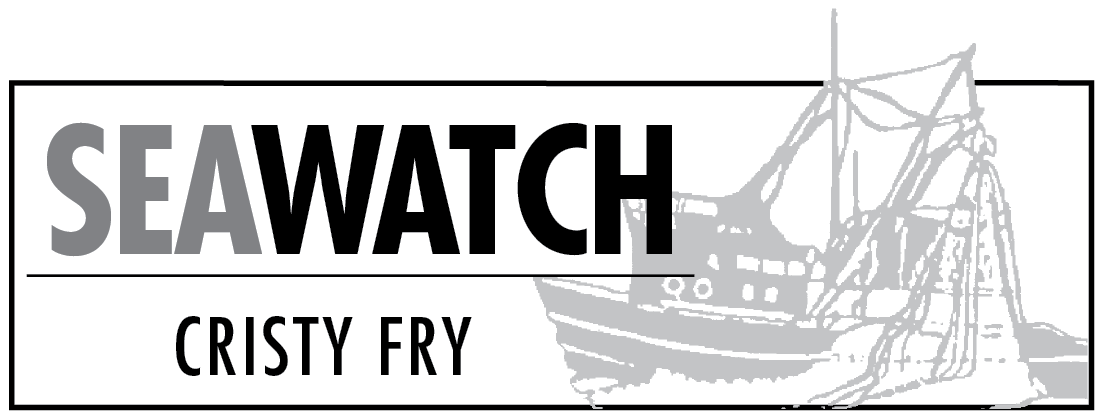The newly elected “unity team” of Gov. Bill Walker and Lt. Gov. Byron Mallott have received praise from all sides about their inclusive transition team of 250 Alaskans from all walks of life and all areas of expertise, open to the public and press.
The fisheries component was by far the largest team, made up of 25 members who can mainly be described as diverse, with people from all over the state, all political persuasions and all types of fisheries.
People heavily involved in the Cook Inlet commercial and sport salmon fisheries included Kenai River Sportfish Association Executive Director Ricky Gease, KRSA board member Don McKay, Mat-Su activists Larry Engel and Bruce Knowles, and United Cook Inlet Drift Association Executive Director Dr. Roland Maw.
Maw said that going into the fisheries transition team, the only rule established was that members would park allocation issues at the door. Committee chair Norm Van Vactor, CEO of the Bristol Bay Economic Development Corp., occasionally needed to remind members to leave those issues “in the parking lot.”
Maw spoke about the process, saying it was more public oriented than in past administrations, and did not include the priorities of the out-going governor.
“In the past there was a discussion paper that was presented to the transition team, and that discussion paper came from various sources; typically it came from within the (Fish and Game) department,” Maw said. “That had a list of topics and discussions that the transition team were charged with trying to get some kind of common agreement on how to proceed on these particular issues, whatever they happened to be.”
This administration had the panel use what is known as the Delphi Technique, which involved breaking into smaller groups, each identifying their own priorities and then putting them into order of importance, and later, as a group, voting on that order.
The fisheries panel identified five issues and listed them in order:
1.Fish have to come first;
2.Science before politics;
3.Budgetary issues: cost-cutting, increasing revenue;
4.Habitat issues;
5.Board of Fisheries process.
Once issues were prioritized, teams worked on what the hurdles were to solving those issues, and what recommendations could be made to overcome those hurdles.
“Are there policies that need to be updated/modified/changed,” Maw asked?
“Do we need a clearer statement of intent? Do we need to rework the Board of Fisheries? Just where are fisheries going to rank when it comes to other departments of government?”
Maw said that one of the biggest problems identified across all transition teams was a lack of vision of leadership from the Parnell administration.
“A lot of the impediments to Board of Fish, budgetary issues, fish science, had some common origin in that there wasn’t a clear statement of intent or policy from the governor’s office,” he said.
“Consequently, other departments of government put forward different priorities than what (ADF&G) was putting (forward) basically because there wasn’t a default, there wasn’t any clear position.”
After identifying priorities and challenges for the next administration, the group worked on solutions.
The group also worked on where fisheries would rank when it came to other departments of government.
“Is there going to be a change, perhaps, in how other departments view fisheries, like Community and Economic Development?” Maw asked. “When it comes to road building, DOT, are they going to actually have someone hold their feet to the fire about how they put culverts in?”
Maw emphasized that the group did not just focus on commercial fisheries, but included sport, personal use and subsistence as well.
He said the fisheries committee recommended that the entire Board of Fisheries process, which has been subject to considerable criticism, especially with regard to the Upper Cook Inlet commercial salmon fishery, undergo a professional, analytical and evaluative process.
Maw likened it to another body he has served on, the International Pacific Salmon Commission, which uses a formal performance review process.
“Under the United Nations, there was a policy that all NGOs, that all kinds of boards and commissions, have a formal performance review,” he said.
He said it would be entirely professional and independent, not a legislative board.
“This would be people who, for their livelihoods, review performances of these boards and commissions,” he said. “We recommended that there be a very formal and technical review of the Board of Fisheries.”
Maw noted that the committee was not willing to get into any level of detail such as how many people from each area or fishery should serve on the BOF, but agreed that the present system is not working.
“It isn’t working not just for one reason, probably for multiple reasons,” he said, “and the fixes are probably going to be multiple fixes.”
Maw said that the review should be quick.
“Let’s get it done so we can change this system.”
Maw said budgetary issues weighed heavy with the team.
With the state potentially looking at deficits of as much as $3 billion next year, and department heads being told to cut budgets, he said ADF&G will have to decide what to spend money on.
So far, Maw said a good deal of money has been spent on studying problems, especially in the Mat-Su, rather than fixing them.
Maw said that he understands there will be a transition team report that will document the process each team underwent, as well as results, and that it will be available fairly soon if the recommendations are going to be implemented.
“If these priorities are going to be acted on from each of the committees, then there has to be some dollars put to some of this stuff,” he said.
Maw was very supportive of the overall process, including the diversity of the group.
“It was a very lively discussion,” he said. “Once we agreed that fish came first, then everything else behaved itself.”
Cristy Fry can be reached at realist468@gmail.com.


